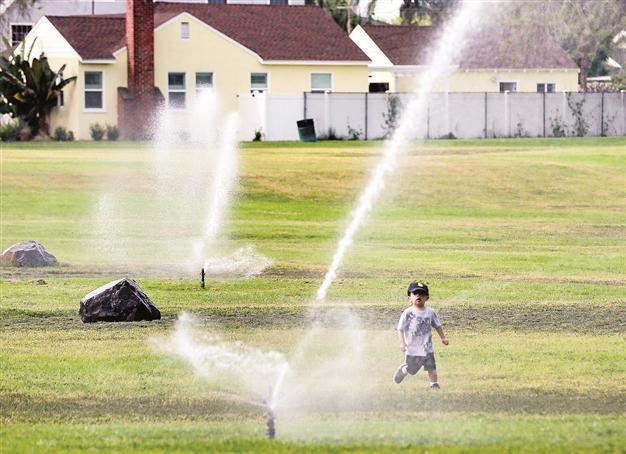Avoiding global armed catastrophe
ARNOLD RÜÜTEL - 3RD President of the Republic of Estonia
 The peaceful coexistence of states and peoples is the foundation of the world’s sustainable development. No-one can have a nobler goal than to jointly contribute to the victory of the ideas of humanism. Unfortunately, today’s reality is something different. Unacceptable warfare grips an ever-increasing number of states and peoples. Millions of lives are lost.
The peaceful coexistence of states and peoples is the foundation of the world’s sustainable development. No-one can have a nobler goal than to jointly contribute to the victory of the ideas of humanism. Unfortunately, today’s reality is something different. Unacceptable warfare grips an ever-increasing number of states and peoples. Millions of lives are lost.What makes a man grab a weapon against one of his own tribesmen, or against other countries or peoples? The reason probably is that economic and ideological aims are pursued in war.
The world is developing towards global centres of attraction. Time will tell how many of these shall be created. It is difficult to predict the way in which international relations will polarise and how the global division of power will play out. Realists claim that a multipolar system of global governance is more stable than other forms.
Looking at the functioning of the capitalist global economy, we can say than during the last couple of decades the number of publications has rapidly begun to grow that analyse the various aspects and economic models of capitalism. If we proceed from the hypothesis that work and nature are the two main reforming forces of economic, social and political life, then from the perspective of our future, nature is the one that becomes an increasingly determining factor. The finiteness of natural resources forces us to seriously think about the limits of growth.
In the Unites States, the average person consumes 4.5 cubic meters of water in 24 hours. If we multiply this figure by the number of people inhabiting our planet, we see that there is no fresh water resource to sustain such an amount of consumption for all peoples.
Nature is finite. Our future success on Earth depends on how capable the capitalist economy is in developing new forms, in finding property- and market-based mechanisms to better overcome crises.
In his voluminous work The Crisis of Global Capitalism (1998), George Soros highlights two points:
v Criticism towards the flaws of market forces, especially the instability of financial markets, and
v Extensive shortcomings in the nonmarket sector, first and foremost in politics and in ethical convictions.
The authors of the concept of variations in the capitalist model, P. Hall and G. Soskice, outline two theoretical models of capitalism:
v The so-called liberal model,
v Another based on the coordinated market economy.
In the first case, an attempt to subject as many as possible to market regulations is characteristic. In the other, the coordination of cooperation through forces not subject to the market is also considered to be important. The principles of the liberal economic model are summarised in Milton Friedman’s Capitalism and Freedom (1982). He emphasises that the philosophy of liberalism is founded on the belief in the dignity and freedom of each and every individual to make maximum use of their abilities, skills and opportunities. This recognition does not contradict another individual’s equal freedom. When comparing different developments, it becomes clear that a liberal market economy with its great dynamism and market-centeredness is especially suitable for information-technological developments.
During the past couple of decades, the Estonian economy has been considerably inclined in the free market direction. At the same time, it is claimed that an underdeveloped stock market does not enable Estonia to make use of all free market advantages.
If in the nineties of the past century it seemed that there was not much of an alternative for a liberal market economy, then, in the last decade, reasonable doubts have emerged in relation to the sustainability of this model. After the financial and economic crisis that began in 2007, it became clear that the narrative of a prevailing free market no longer held true. Belief in markets and especially in their ability to self-regulate turned out not to be accurate, and it became necessary to commence operations to bail out banks. So what kind of an economic model might be sustainable in the future? The vast majority of the world’s economists are searching for an answer to this question. So far, Estonia has developed according to the liberal ideal, but development itself has already brought changes to the application of this model.
***
We cannot accept blood baths of thousands, be it in Africa or elsewhere, situations in which one state threatens another with merciless holy war, or where a country at war could strive to obtain nuclear weapons. I am convinced that we can stand up to all of this. Peoples all across the globe have begun to realize that hatred cannot be a constructive force. Only this way can we resist the ever-increasing volume of war propaganda and avoid approaching a global military catastrophe.
















